UFC: From 'human cockfights' to $4bn franchise in 20 years
Hollywood takeover of UFC makes the cage-fighting organisation the most expensive sports franchise in history
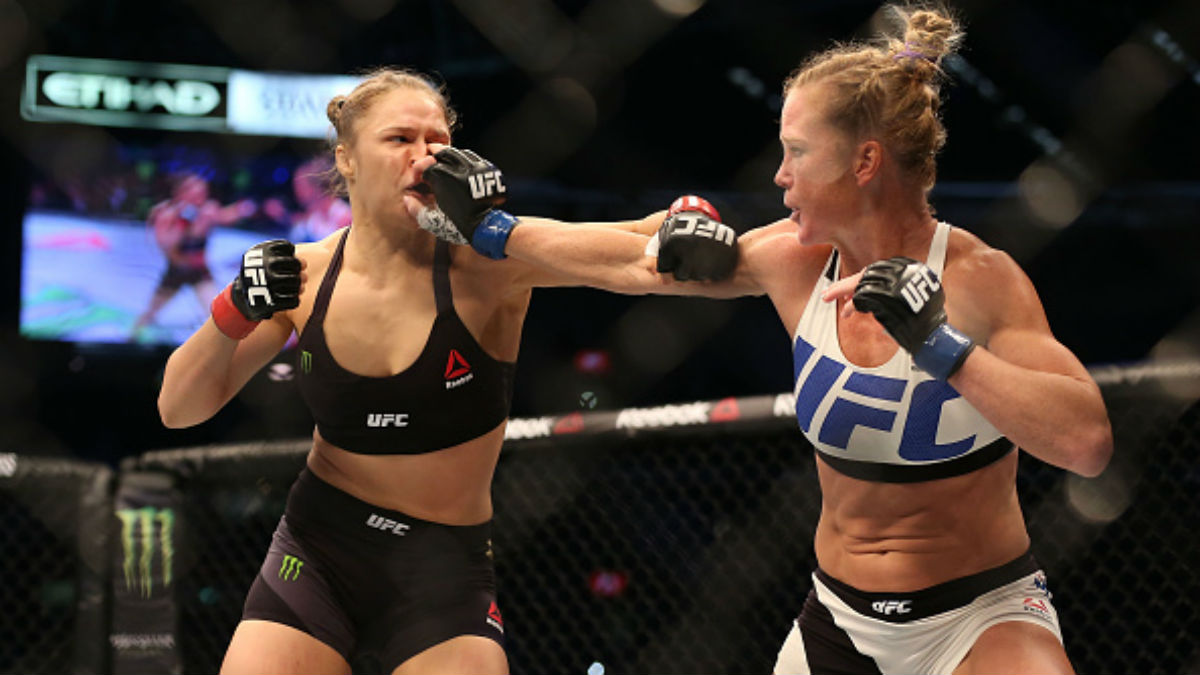
A free daily email with the biggest news stories of the day – and the best features from TheWeek.com
You are now subscribed
Your newsletter sign-up was successful
Mixed martial arts franchise the Ultimate Fighting Championship, better known as UFC, has been sold for $4bn (£3.1bn) in what the Daily Mail calls the "largest sale in sports franchise history".
The buyout has been led by Hollywood talent agency WME-IMG, whose clients include UFC star Ronda Rousey, and a group of private equity firms. The deal caps a phenomenal rise in popularity for the cage-fighting organisation.
The face of UFC, promoter Dana White, will remain with the company and his nine per cent stake in the business is now worth $360m, however, the sport's main owners, brothers Lorenzo and Frank Fertitta are thought to be offloading most of their 80 per cent holding and transferring control to the new owners.
The Week
Escape your echo chamber. Get the facts behind the news, plus analysis from multiple perspectives.

Sign up for The Week's Free Newsletters
From our morning news briefing to a weekly Good News Newsletter, get the best of The Week delivered directly to your inbox.
From our morning news briefing to a weekly Good News Newsletter, get the best of The Week delivered directly to your inbox.
"It's quite a story considering brothers Lorenzo and Frank Fertitta bought the organization in 2000 for $2m," says ESPN. The price paid for UFC is roughly seven times earnings, notes the website, which reports that UFC had estimated revenues of around $600m in 2015.
ESPN adds that Lorenzo Fertitta will step down as chairman although the brothers will retain a minority interest. The Abu Dhabi government will retain its ten per cent stake in UFC.
Keeping White on board could be critical says ESPN. "The UFC president should help smooth the transition in a sport that is very volatile. Last year saw the rise of Conor McGregor and Ronda Rousey, while this year saw them fall."
White's presence should help maintain UFC's profile. "UFC makes most of its money from pay-per-view associated with its fights, but the organisation also has a cable deal with Fox that expires at the end of 2018. The new deal is expected to be worth at least $200m a year if UFC continues on an upward trajectory."
A free daily email with the biggest news stories of the day – and the best features from TheWeek.com
The sports has come a long way since it was founded in 1993 as the Ultimate Fighting Championship, staging violent fights that were banned or unregulated in many areas, says Greg Beacham of Associated Press.
"With White as the promotional face and Lorenzo Fertitta as its chairman, the Las Vegas-based UFC was kept afloat by the Fertittas' casino fortune while the sport once labeled by John McCain as 'human cockfighting' gradually gained widespread acceptance and popularity.
"The UFC used cable television and the internet to get its intriguing product in front of young fans, and they also sought legitimacy by welcoming regulation by athletic commissions. New York finally lifted its ban on MMA earlier this year, putting the sport in all 50 states."
What next for Conor McGregor and UFC after loss to Nate Diaz?
07 March
UCF champion Conor McGregor suffered a shock defeat to Nate Diaz in their hastily arranged welterweight clash in Las Vegas on Saturday.
The UFC featherweight champion lost after making a "grave mistake" in agreeing to fight in the 170lb bracket, says Les Carpenter of The Guardian.
Dublin-born McGregor had been due to step up to lightweight and fight Rafael Dos Anjos at UFC 196, but when the Brazilian withdrew, he instead accepted the invitation to face Diaz at welterweight - 25lbs above his usual class.
"He must have realized this miscalculation the moment Diaz's fists began pounding against his skull in the second round, knocking him backward, shock filling his face," says Carpenter. "But vanity had gotten the best of McGregor... He took on a much bigger, well-trained man and paid heavily for his hubris."
His run was halted by an opponent who took the fight with just 12 days' notice, says Gareth A Davies of the Daily Telegraph. But size proved more important than preparation.
"The extra weight clearly took its toll. There were huge risks for McGregor taking this fight as he did and his team may look back and privately feel that it would have been wiser to meet Diaz at 155lb," he says.
Defeat in his first outing at welterweight "leaves the featherweight world champion with a whole lot of pondering to do", says Joe Callaghan of the Irish Independent. "UFC 196 was never supposed to go like this. For a man obsessed with bottom lines, there was no escaping that this was a disaster."
The second shock of the event came as Holly Holm, the conqueror of fighter and actor Ronda Rousey, was defeated by Miesha Tate.
It leaves UFC in a quandary. The sport's two biggest names have both been defeated and with Rousey currently out of the picture as she is scheduled to appear in two films, McGregor had been pencilled in to top the bill in July at UFC 200 with a welterweight clash, possibly against UFC icon Georges St-Pierre.
He is now likely to defend his featherweight title instead.
"The golden girl is still weighing up her next move. The golden boy will now have to do similar," says Callaghan.
-
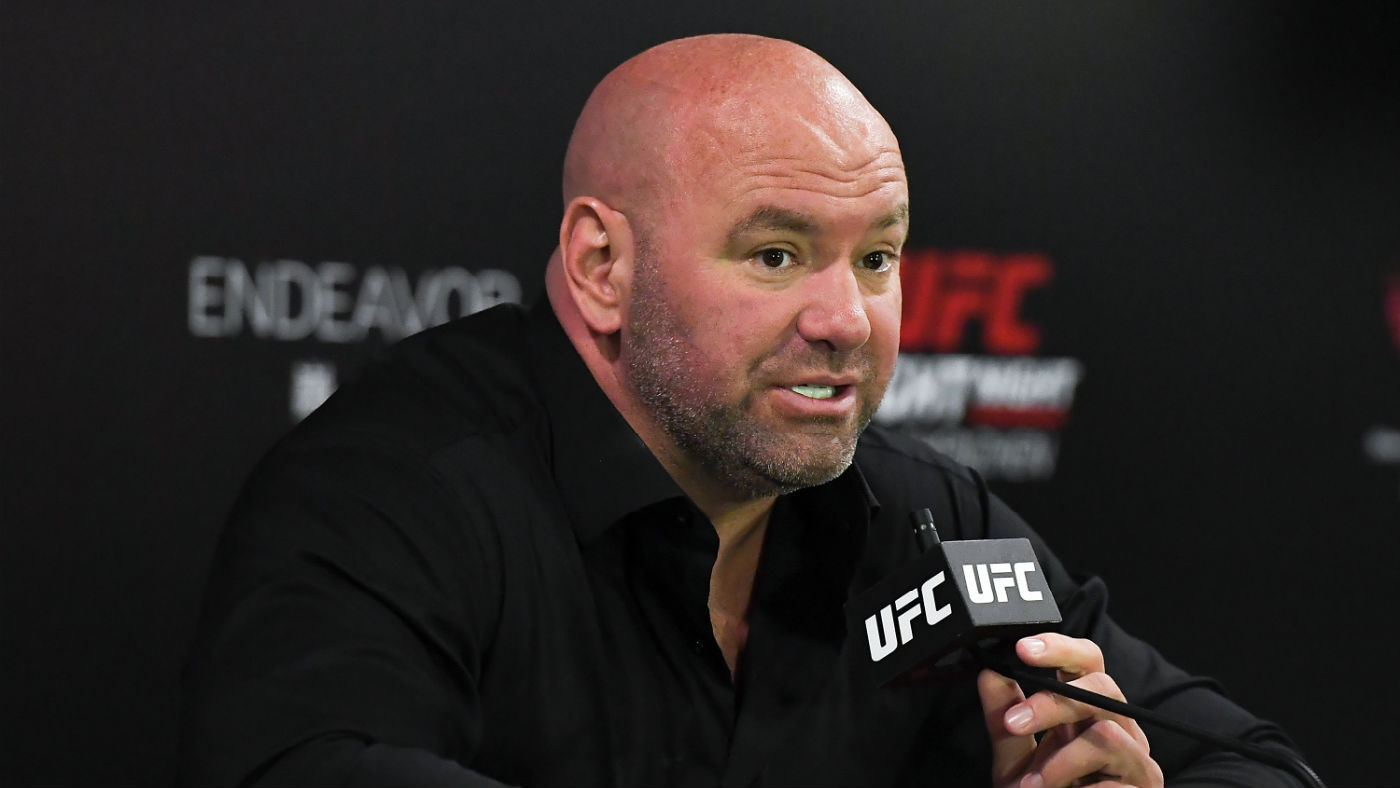 What is Dana White’s Power Slap League?
What is Dana White’s Power Slap League?feature UFC President has created a new ‘sport’ that experts fear may leave contestants with brain damage
-
 Sport shorts: Dana White plans to host UFC on a private island and Spurs fans urge club to reverse furlough decision
Sport shorts: Dana White plans to host UFC on a private island and Spurs fans urge club to reverse furlough decisionSpeed Read Ten things from the world of sport on Tuesday 7 April
-
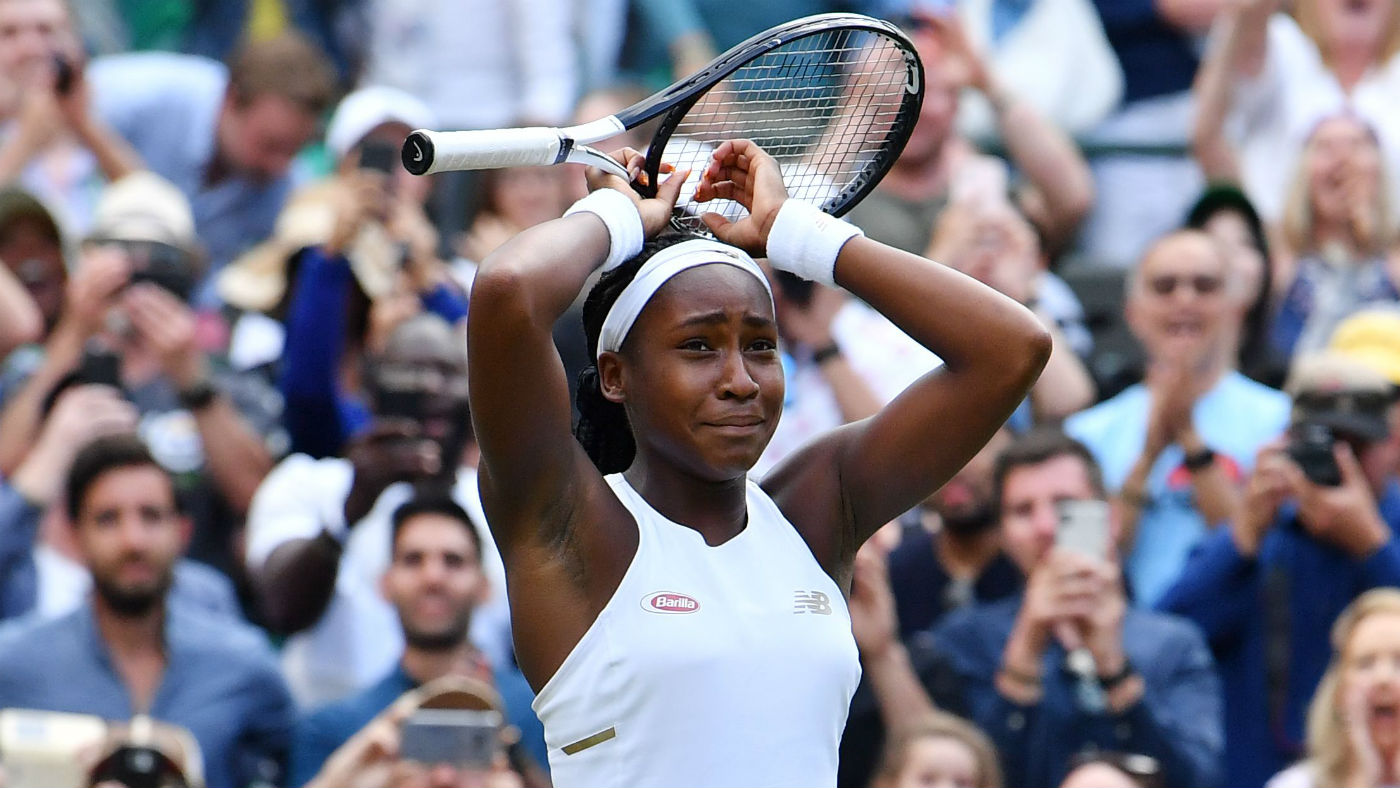 Sports shorts: Australian Open draw, England bat first, Man Utd fears for Rashford
Sports shorts: Australian Open draw, England bat first, Man Utd fears for RashfordDaily Briefing Ten things from the world of sport on Thursday 16 January
-
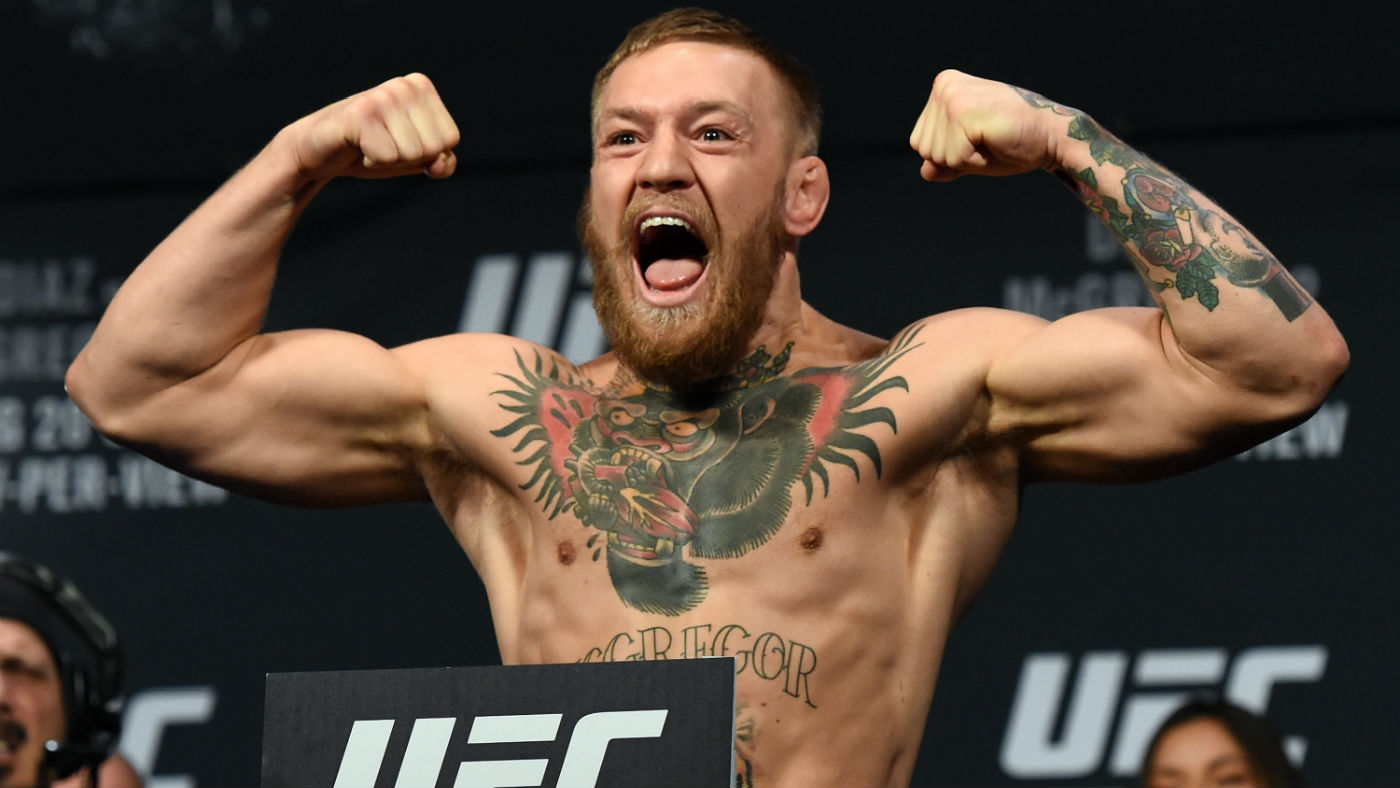 Sport shorts: Conor McGregor announces UFC comeback date, Renault lose Japan GP points, England recall George Ford
Sport shorts: Conor McGregor announces UFC comeback date, Renault lose Japan GP points, England recall George FordSpeed Read Ten things from the world of sport on Thursday 24 October
-
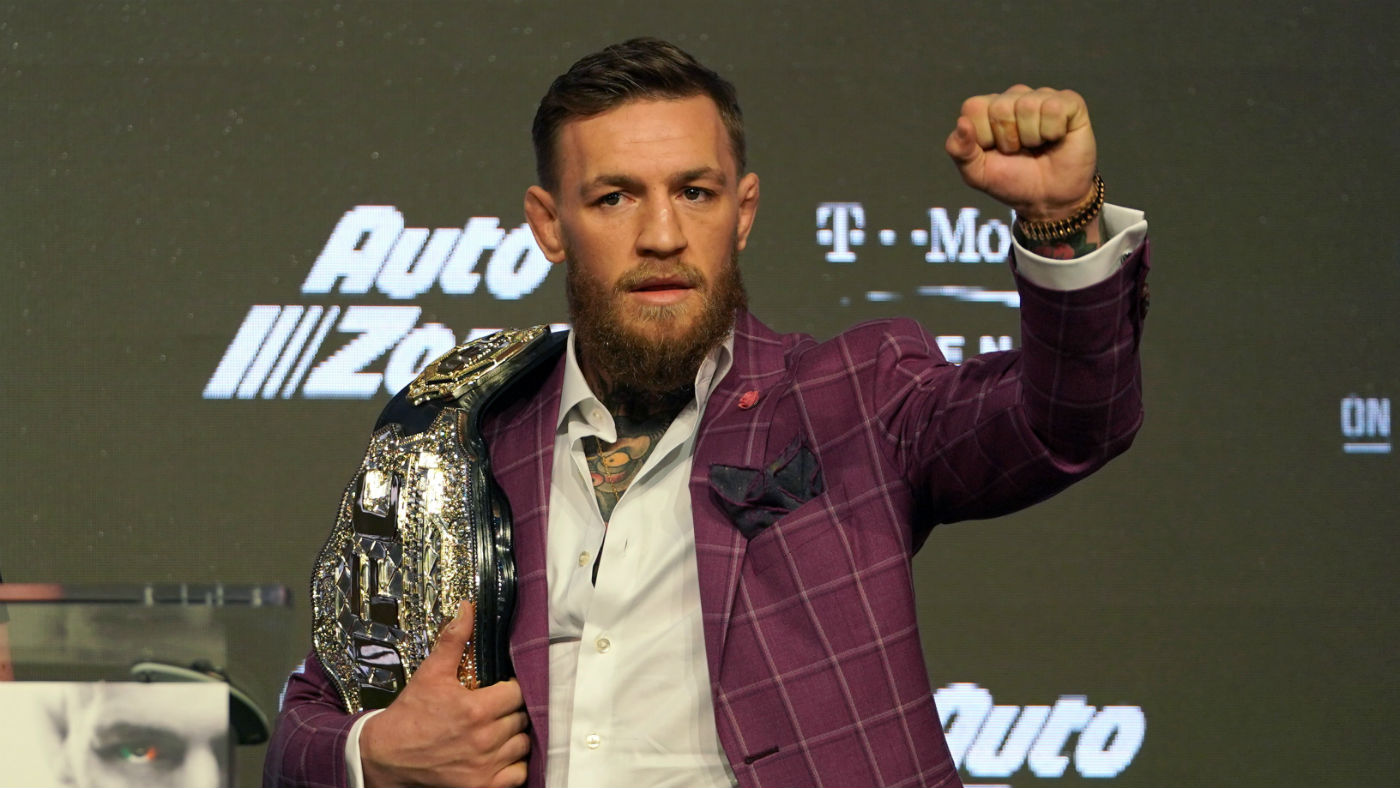 Conor McGregor retires: how UFC and MMA fans reacted on Twitter
Conor McGregor retires: how UFC and MMA fans reacted on TwitterIn Depth Some fans don’t believe that The Notorious has quit but UFC president Dana White says it makes total sense
-
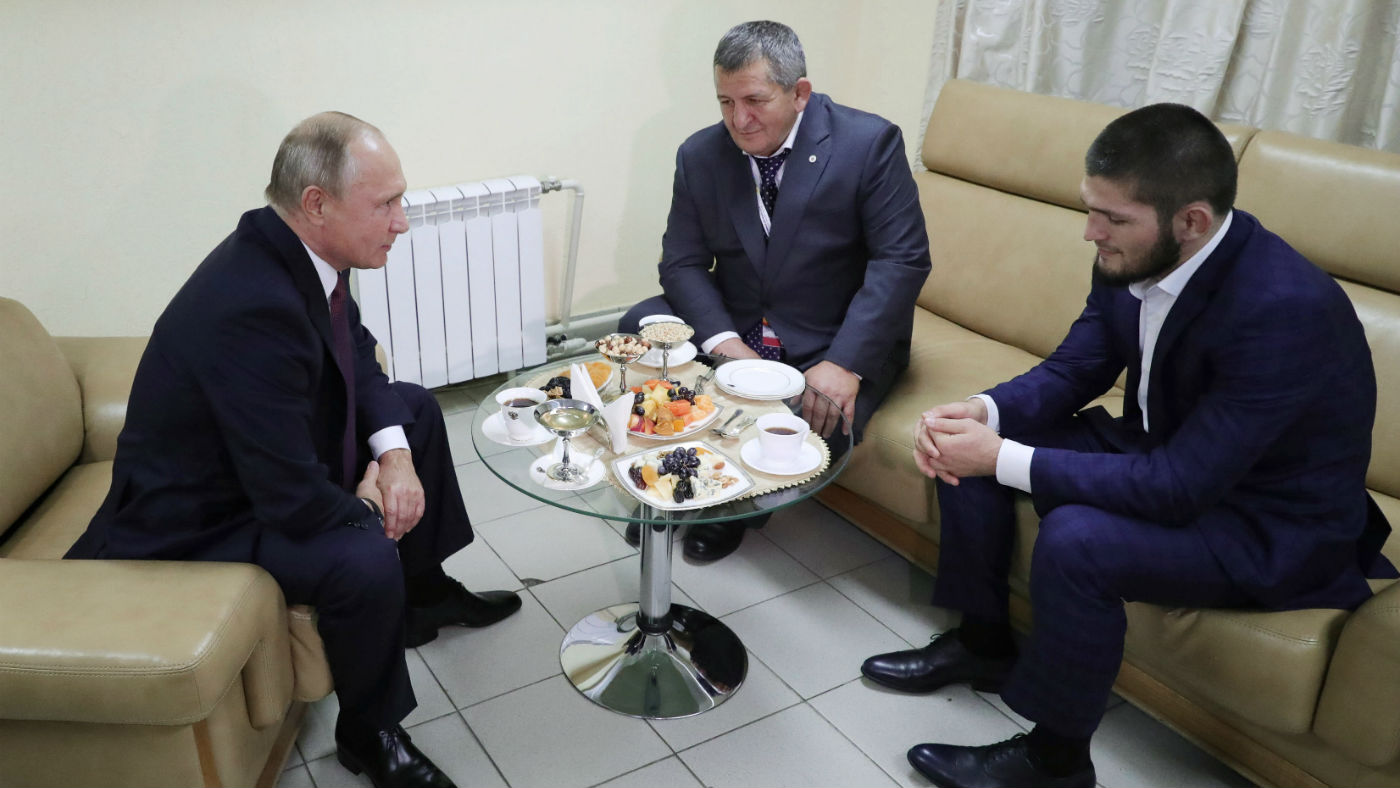 UFC: Putin praises Nurmagomedov after title win over McGregor
UFC: Putin praises Nurmagomedov after title win over McGregorSpeed Read Russian president urges the UFC champion’s father not to punish him ‘too strictly’ for the post-bout punch-up
-
 Mayweather vs. McGregor part II: Irish fighter wants rematch
Mayweather vs. McGregor part II: Irish fighter wants rematchSpeed Read Dubliner vows to ‘maul’ Khabib Nurmagomedov at UFC 229
-
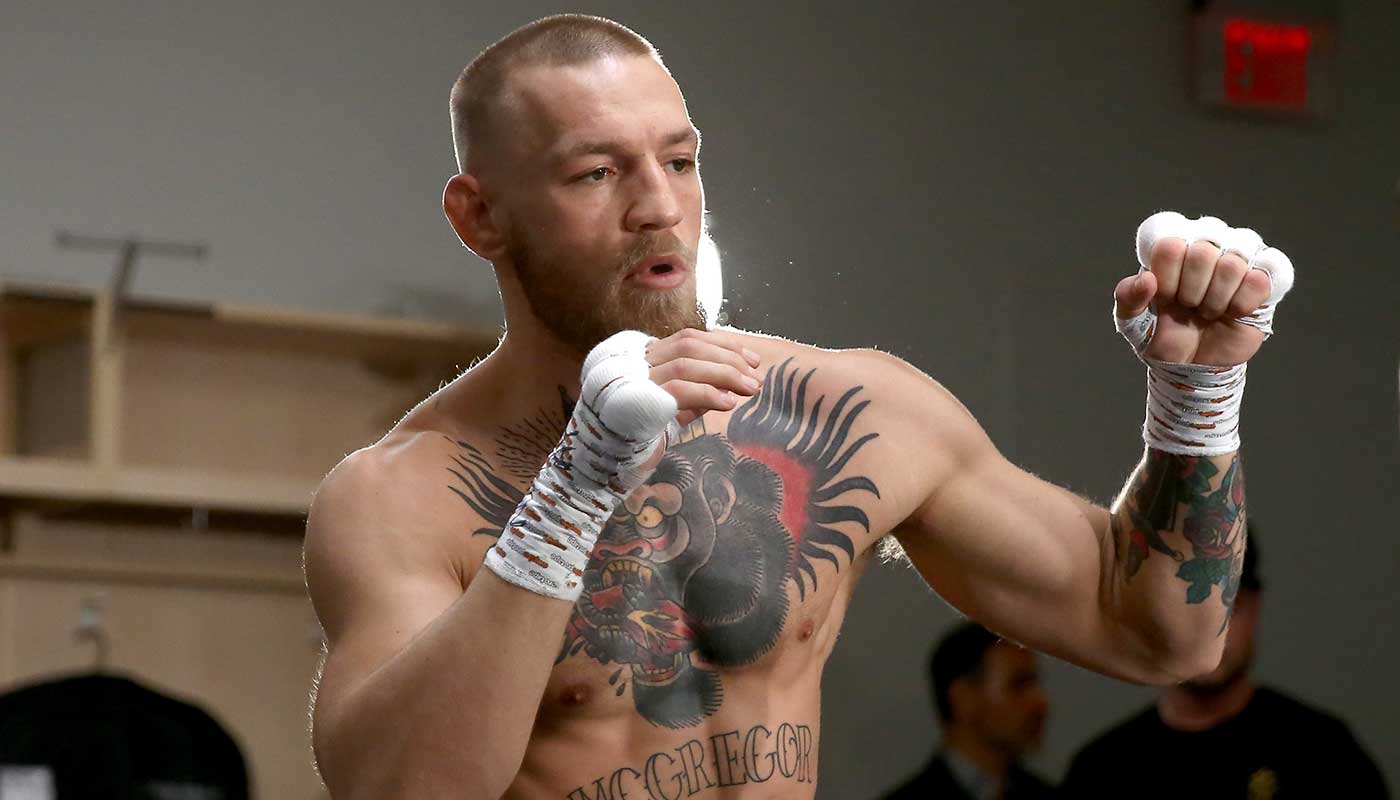 Conor McGregor ‘attacks rival’ in New York
Conor McGregor ‘attacks rival’ in New YorkSpeed Read Video footage appears to show McGregor throwing a trolley through a bus window


